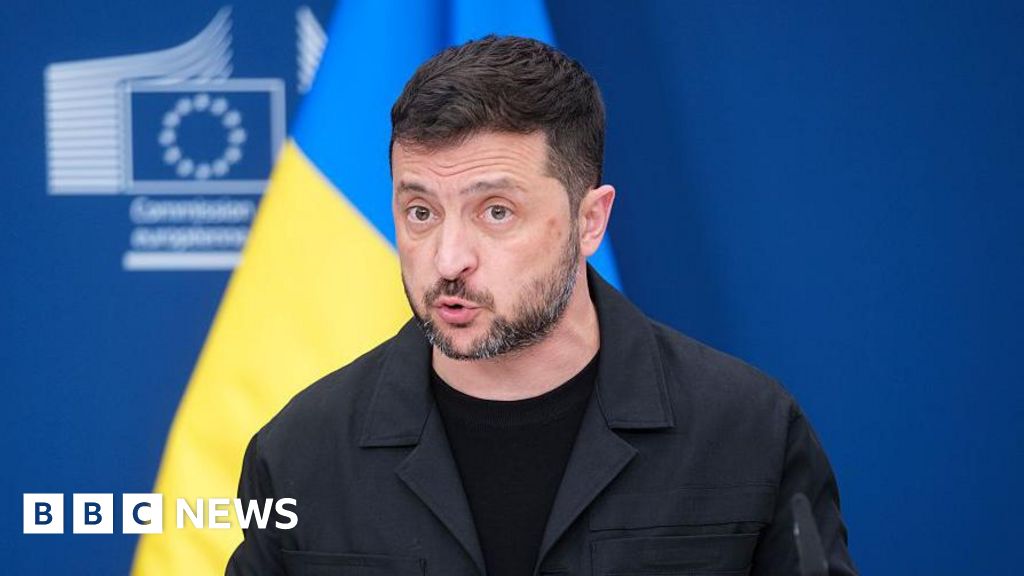
The recent meeting in Washington could prove to be a turning point for Ukraine’s security and Europe’s stability, rivaling the significance of last Friday’s US-Russia summit in Alaska. Unlike the Trump-Putin meeting, which yielded no visible resolutions, the presence of high-profile European leaders alongside President Zelensky showcased unity in the face of Russia’s aggression.
Washington’s Role in Ukraine’s Future
This pivotal gathering featured key figures such as UK Labour leader Sir Keir Starmer, French President Emmanuel Macron, German Chancellor Olaf Scholz, and NATO Secretary-General Mark Rutte. The focus? Ensuring that President Zelensky has unwavering support and that critical security guarantees are in place. European leaders are insistent that no peace deal will be recognized unless Ukraine has a seat at the table, and any agreement must include assurances to protect Ukraine’s sovereignty.
Starmer and NATO: Key Players in the Talks
Sir Keir Starmer’s diplomatic influence is being put to the test. Known to have President Trump’s ear, Starmer could play a crucial role in steering the conversation towards preserving Ukraine’s integrity. NATO’s Mark Rutte, often referred to as the ‘Trump Whisperer,’ is also strategically positioned to keep the dialogue aligned with Western interests.
However, skepticism remains about the White House’s approach, as its recent critique of President Macron’s stance on recognizing Palestinian statehood highlights tensions among allies. European unity, while outwardly robust, will need continuous reinforcement as these negotiations unfold.
Security Guarantees vs. Territorial Integrity
The central debate revolves around whether Ukraine could accept a deal that safeguards its independence but at the cost of territorial concessions. With over 85% of Donbas under Russian control and Crimea effectively annexed, this potential compromise raises difficult questions. President Zelensky has consistently opposed any plan that involves surrendering Ukrainian land, a stance bolstered by Ukraine’s constitution.
Yet, the concept of NATO-style security assurances offers a glimmer of hope. As former Estonian Prime Minister Kaja Kallas noted, victory may not require reclaiming all occupied territory. Instead, deterring further Russian aggression and ensuring Ukraine’s future as a sovereign state could mark a significant achievement.
Will Peace Truly Last?
Even if a negotiated ceasefire is achieved, experts warn that Russia may only use the pause to regroup and rebuild its military. President Putin’s long-term ambitions show no intention of halting attempts to expand territory through force. This creates a precarious situation where any peace agreement could be temporary, leaving Europe and NATO to prepare for future escalations.
As the talks progress, the world watches closely to see whether Ukraine’s allies can secure a durable resolution or whether this marks just another chapter in an ongoing geopolitical struggle.



